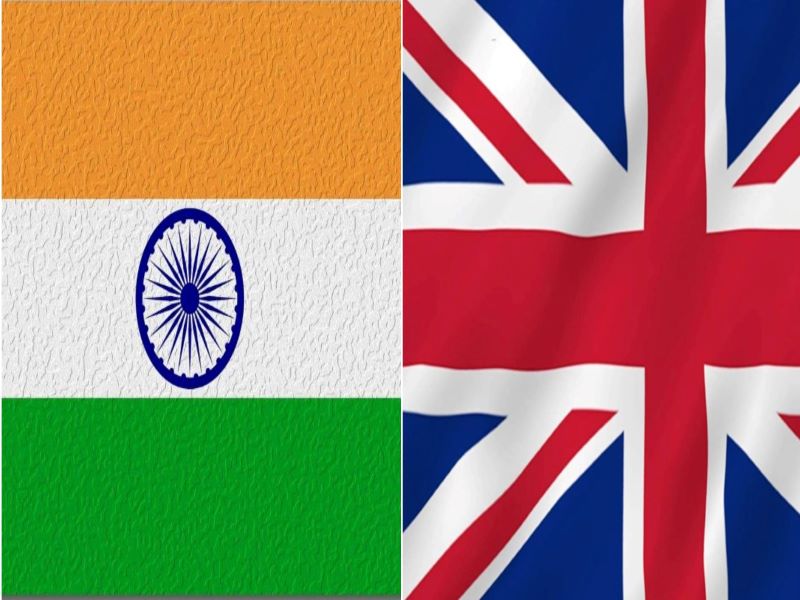
India mulling 39% cut in tariff on EV imports to finalise FTA with UK: Report
New Delhi: India is considering a proposal to decrease import taxes on certain electric vehicles from the UK in order to finalise a free-trade agreement between the two nations by the end of this year, Bloomberg reported, citing sources.
Specifically, New Delhi is contemplating a reduced tariff of 30% on 2,500 electric vehicles imported annually from the UK that are priced above $80,000, the report said.
Currently, India imposes taxes ranging from 70% to 100% on completely built unit (CBU) car imports, depending on their value.
One of the remaining issues in the free trade negotiations pertains to the UK's request for import concessions on electric vehicles.
Prime Minister Rishi Sunak and his Indian counterpart Narendra Modi had aimed to close the agreement by the end of the previous month. However, it appears that a deal may not be announced until December, as previously reported by Bloomberg News.
India, being the most populous country in the world, has seen an increase in demand for electric vehicles, particularly among middle-class and affluent buyers.
However, the adoption of EVs in the country has been hindered by the high cost of the cars, limited options, and a shortage of charging stations.
Opening up the electric vehicle market could accelerate the transition to cleaner transportation in a nation grappling with severe air pollution.
In 2022, electric vehicle sales in India amounted to 49,800 units, making up just 1.3% of the 3.8 million passenger vehicles sold, according to BloombergNEF. In India's price-sensitive market, the top-selling electric car, Tata Motors Ltd.'s Nexon.ev, is priced at less than 1.5 million rupees ($18,000).
In contrast, German luxury automakers such as BMW AG, Mercedes-Benz Group AG, and Volkswagen AG's Audi sell electric cars priced above $80,000 in India.
The government under Prime Minister Modi is making cautious moves to allow import of electric vehicles, as it aims to develop a domestic manufacturing industry for EVs and their components.
In 2021, the government introduced a $3.1 billion production-linked incentive program to encourage local EV production.
It should be noted that a final decision on India's stance regarding import duties on electric vehicles has not yet been made, according to individuals familiar with the discussions.
Both India and the UK have already shown flexibility on various matters, including reducing tariffs on British cars and scotch whisky, as previously reported by Bloomberg News.
Both countries expect a doubling of bilateral trade by 2030 through lower tariffs and increased market access via the free trade agreement.
Further, it would be a political achievement for both leaders, with the UK-India pact viewed as a significant outcome of Brexit and a means to bolster India's manufacturing aspirations.
India currently applies a range of import duties on cars, with a tax rate between 15% and 35% for vehicles purchased from overseas in unassembled form.
Support Our Journalism
We cannot do without you.. your contribution supports unbiased journalism
IBNS is not driven by any ism- not wokeism, not racism, not skewed secularism, not hyper right-wing or left liberal ideals, nor by any hardline religious beliefs or hyper nationalism. We want to serve you good old objective news, as they are. We do not judge or preach. We let people decide for themselves. We only try to present factual and well-sourced news.







